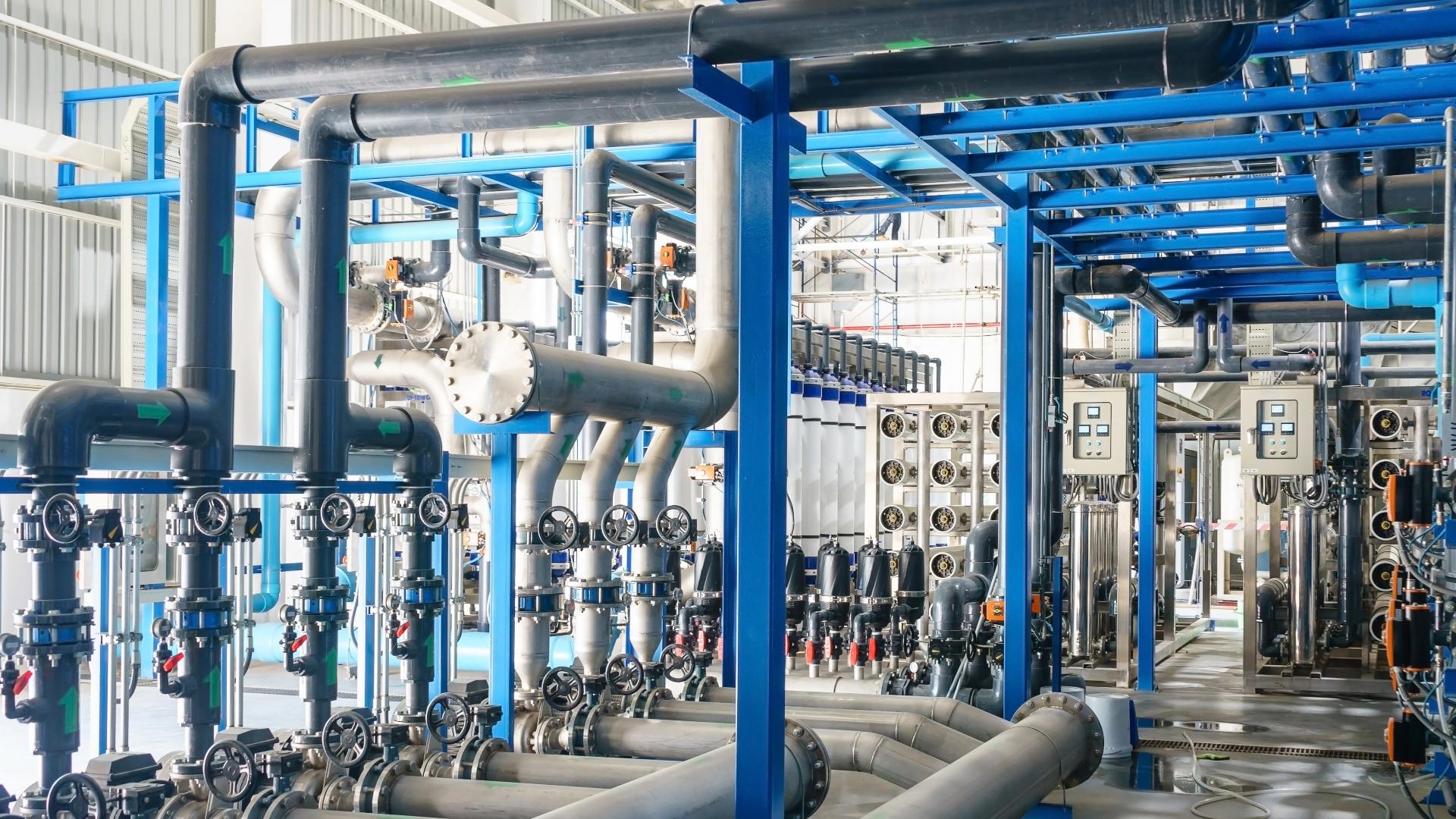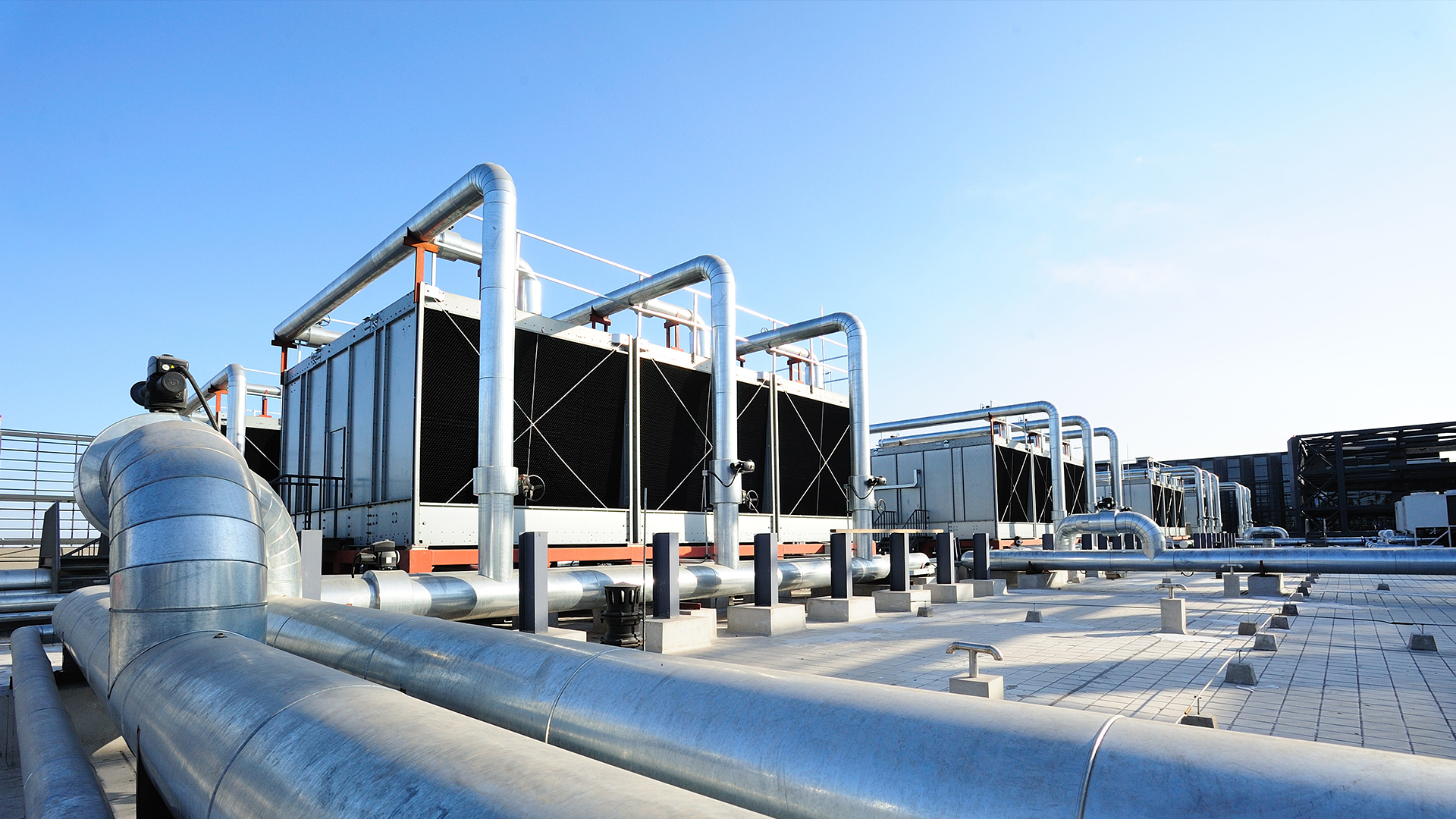Water stewardship for industry

Corporates, including industries, are at the heart of sustainable water management. Whether through their production processes, in their supply chains or as part of their corporate social responsibility, they rely on sufficient and adequate quality water supply, while also being impacted by changes in water resources within their operational areas. Although corporates may have similar reasons for becoming more responsible water users and thus good water stewards, setting the right course towards good water stewardship might differ per sector and context. Whether you aim to reduce (fresh) water consumption, increase water reuse and recycling, reduce your water footprint or replenish water in the catchments you are operating in, at Royal HaskoningDHV, we are ready to assist you on your way towards a water-resilient and sustainable future.
What is water stewardship?
Water stewardship is defined as using water in a way that is socially equitable, environmentally sustainable and economically beneficial. This is achieved through a stakeholder inclusive process that involves site and catchment based actions (CEO Water Mandate).
At Royal HaskoningDHV, we believe that corporate water stewardship plays a crucial role in reducing and mitigating today’s challenges on water.

Water stewardship consultancy
Plan your water strategy
Optimise your asset performance
Collaborate with your catchment community
Our services
At Royal HaskoningDHV, we offer a range of services to support you on your pathway towards good water stewardship. Our expertise enables us to assist in developing water-resilient strategies and plans that not only mitigate water-related risks, but also identify strategic investment opportunities, while fostering positive impacts within catchments and supply chains.
Identify and understand your water risks
Water scarcity, pollution, climate change, stakeholder demands and more stringent regulation can affect the availability, quality, and cost of water for your operations and supply chains. The first step is to identify and understand your water-related risks to effectively and efficiently define your corporate water actions aligned with other corporate and sustainability priorities. We offer the following services to gain insight and oversight of your industry’s water-related risks:
- Water stewardship assessments, including:
- Water footprint assessments
- Compliance and performance assessment
- Climate resilience vulnerability and risk assessments software
Solidify your water strategy
After having identified water-related risks, industries are ready to prepare forward-thinking, strategic recommendations to set their corporate water targets, to manage risks and to prioritise investments.
We can offer the expert guidance organisations need for this as to reduce corporate risks, while improving water resilience and efficiency.
- Corporate water strategy, including:
- Corporate benchmarking to inform goals and policies on water
- Scenario analysis and decision-support tools for investment strategies
- Corporate water goals and target setting
- Corporate reporting on water as part of Corporate Social Responsibility Directive and other requirements
Develop your plan and optimise your performance
Industries are required to have ownership and capacity to manage water sustainably at their sites. We specialize in developing water master plans and water circularity assessments that help organizations optimize their water usage and reduce their environmental impact. We analyze the organization's water usage patterns, identify areas of inefficiency, and develop a customized plan to optimize water usage. Our assessments are designed to be practical and actionable, ensuring that organizations can implement them with ease.
- Water stewardship plans and water master plans at asset level
- Water circularity assessments and Water Scans
- Water technology assessments and feasibility studies
At Royal HaskoningDHV, we believe that sustainable water management is essential for a better future. Our services are designed to help organizations achieve their sustainability goals while reducing their environmental impact. Contact us today to learn more about how we can help your organization manage its water resources sustainably.
Our services on corporate water stewardship. These are building upon our engineering expertise and understanding of day-to-day operational needs. We enable companies to make their sustainability goals and targets on water actionable and create positive impacts on water resources.
Understanding and acting on water risks in the agrifood sector
Water crises rank among the greatest threats to our global economy. The Agrifood sector, heavily reliant on water throughout its supply chain, faces significant challenges due to climate change and associated water crises. These challenges can profoundly affect water availability and quality, leading to critical issues. Gaining insights into priority water risks and impacts as part of agribusiness' supply chain is crucial. By understanding these factors, companies can make informed decisions about their water management practices, anticipate financial and regulatory implications, and safeguard production and reputation.


Water as key enabler of the energy transition
How can the energy transition go hand in hand with sustainable water management? And how can energy companies make informed decisions towards achieving both their climate and water targets? Energy companies play a crucial role in our economic development and in achieving our global climate goals. They carry the responsibility for ensuring a reliable and secure energy supply. Growing water challenges like water scarcity, water pollution and droughts, combined with shifting towards renewable energy sources can lead to constraints in access to water and to stakeholder conflicts if not managed well.
Unlocking sustainable water management: The Water Master Plan
Water sustains communities, fuels industries, and nourishes ecosystems. But as global challenges like climate change and aging infrastructure intensify, effective water management becomes paramount. Enter the Water Master Plan – your strategic compass for safeguarding this precious resource. A Water Master Plan isn't just a document: it's a forward-thinking and dynamic tool. Imagine it as your GPS for navigating the complex waters of responsible water management.


Water risk assessment for a global food ingredients company
A global agri-business company and supplier of food ingredients needed to understand its water-related risks to define its corporate water goals and targets. Here’s how our comprehensive water risk assessment helped the company gain insights into its water risks and set initial goals and targets.
Water Positive: myth or not?
There is a growing application and adoption of Net Positive commitments by industries, which is perceived as the intention to create more positive than negative impacts on water resources in terms of water quantity, water quality and access to water. This goes beyond so-called Net Zero commitments in which negative impacts are compensated with positive impacts. But what does Water Positive mean in practice? And can it actually be achieved? This page dives deeper into the concept of Water Positive based on a project in Indonesia.

Got a question?
Contact our Water Technology experts!



